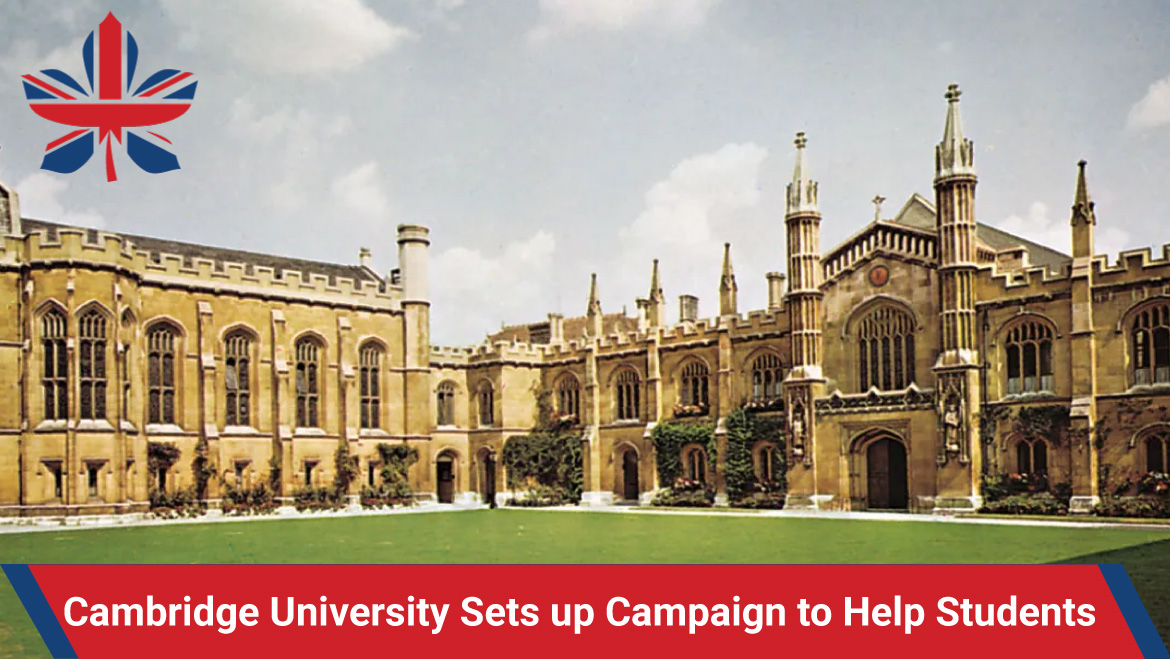In response to the sixth student fatality this year, Cambridge University has started a campaign pushing suffering students to get help. In 2022, there has already been one confirmed student suicide at the university and five more are suspected. The new Reach Out campaign, according to Natalie Acton, director of student support, aims to motivate students to speak up if they require any form of support.
She claimed that it had made a much larger financial commitment to student support. Prior to the September death of a medical student, Reach Out was scheduled.
Along with the deaths of five other students who passed away between March and June, his death will be examined.
British Dissertation Help is a very reasonably priced, efficient professional academic writing service provider, that provides assignment assistance like MBA dissertation help and English assignment help. Today it is bringing you the sombre news about the student suicides at Cambridge University.
The most recent passing, according to Ms Acton, was a genuine sorrow for the student’s family, friends, and co-workers at this university and the college where they were enrolled.
“We take this issue extremely seriously and we are really keen to make sure that we learn any lessons that we can from a student’s death”, she said.
The Reach Out campaign came after a review of the university’s mental health services, which was started last year in response to an increase in demand for services.
The university’s mental health services were described as inadequate, untargeted, and unsustainable in a draught assessment from October of last year, according to prior reporting by the BBC.
About 500 new students this year declared they had a mental health condition, according to Ms Acton, who claimed there had been an unusual number of students with mental health issues enrolling at the university. Although this is a push to get students to contact out, she said the most crucial thing to remember is that there is now a wide range of resources available.
She claimed that the university had more counsellors on staff. She stated that thanks to the introduction of a network of wellbeing advisors in institutions, any student who self-refers for counselling will be seen within 10 working days.
She stated that thanks to the introduction of a network of well-being advisors in institutions, any student who self-refers for counselling will be seen within 10 working days.
“Any student who is struggling, whether it’s academically, financially, emotionally, we really want them to come forward, because we have lots of support here at Cambridge, both in the colleges and at the university,” she said.
According to a draught final assessment by SUMS Consulting, an external reviewer, the existing strategy is uncoordinated and there is no description of the university’s role, goals, or limitations in supporting students’ mental health and wellness.
The evaluation showed that the institution was one of the top spenders in the sector on support for students’ mental health and wellbeing, spending £4.5 million annually on mental health services.
When asked about the Reach Out campaign, Kit Treadwell, a volunteer with the student-run mental health organisation Student Minds, said: “Is this going be enough that we can say, ‘no, we’re done, we’ve fixed mental health?’. Obviously not. That’s not a solution that can happen in a year and a programme.
“But what I think has been really encouraging for me as a student is when I’ve been consulting on this, it’s the first time that I’ve really felt like the university is listening to student concerns and listening to issues we bring up.
“It’s not enough to have support in place, you need to make it clear how you access it.
“It’s not enough to just say ‘it’s OK to talk about their mental health. You have to actually have some education around what that actually means and how it affects people. “I certainly would hope that no one is claiming that this would solve everything immediately, but I do think it’s a really good first step.”

